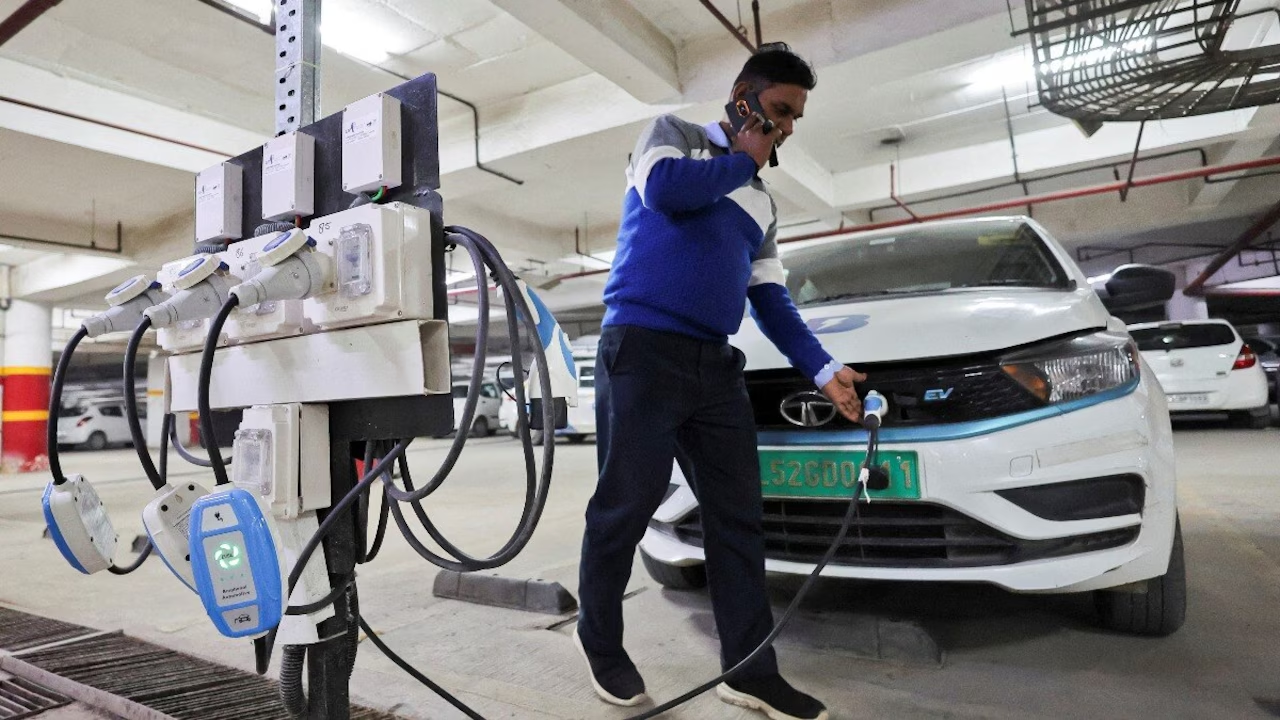The Indian government is set to give a major push to electric vehicle manufacturing in the country. With an aim to attract global and domestic players, a new EV manufacturing scheme is being launched. Under this scheme, companies that meet specific criteria will benefit from a reduced import duty of just 15 percent on electric vehicles, making the EV segment more accessible and competitive in India.
Engine and Local Manufacturing Conditions
To qualify for the 15% duty, companies will need to set up manufacturing facilities in India. The scheme mandates that approved companies must begin local production within three years. Additionally, there will be a phased manufacturing plan to ensure that a certain percentage of components are made locally. This is aimed at creating jobs and boosting the Make in India initiative.
Mileage and Range Targets for EV Models
While the scheme doesn’t directly regulate EV mileage, industry expectations are clear. Companies applying for benefits under this scheme are likely to offer models with practical urban range at least 200 to 500 km per charge. The idea is to encourage both two-wheeler and four-wheeler segments to introduce efficient and durable electric vehicles suitable for Indian road conditions.
Other Specifications and Eligibility Criteria
Companies must invest a minimum of ₹4,150 crore (approximately $500 million) in India and must commit to manufacturing vehicles within a specified time. The production timeline includes a ramp-up plan with clear milestones. Vehicles imported under this scheme must be priced at ₹25 lakh or more to ensure premium-level EVs enter the Indian market. Only manufacturers with a global revenue of over $10 billion are eligible.
Price and Offer Structure Under the Scheme
With the new 15% import duty benefit, premium electric vehicles could see a significant drop in cost. This makes EVs like Tesla and other global brands more affordable in India. The scheme will remain valid for five years, and the government will review the performance of each company annually to ensure targets are met.
